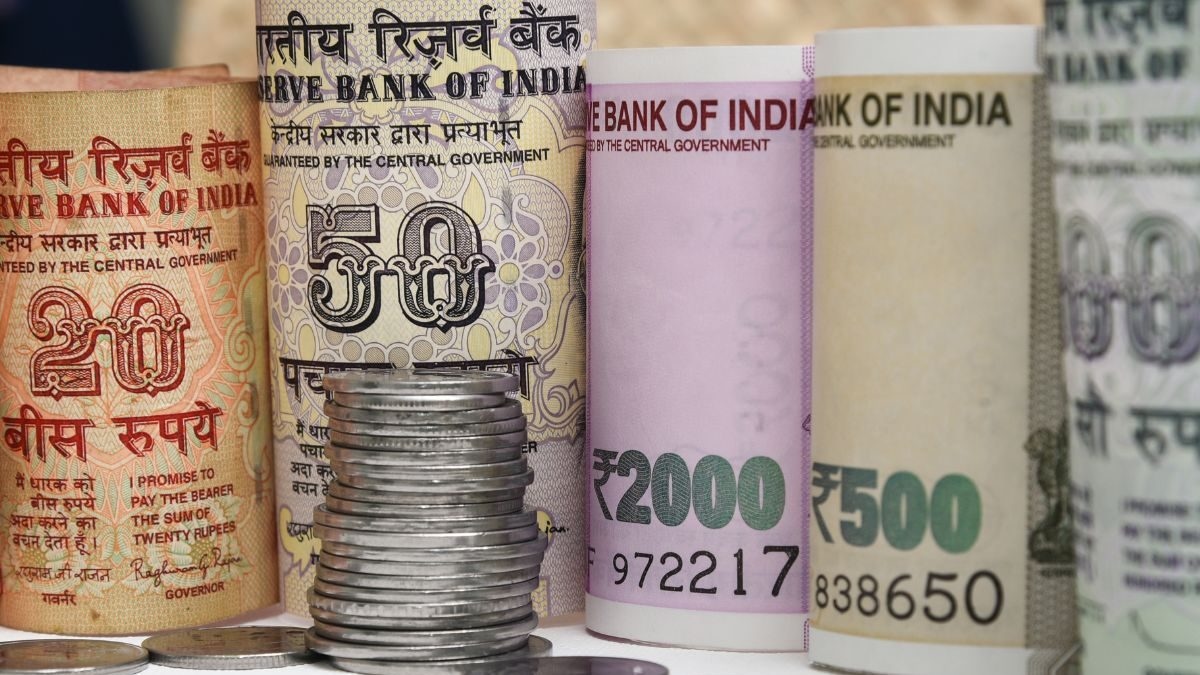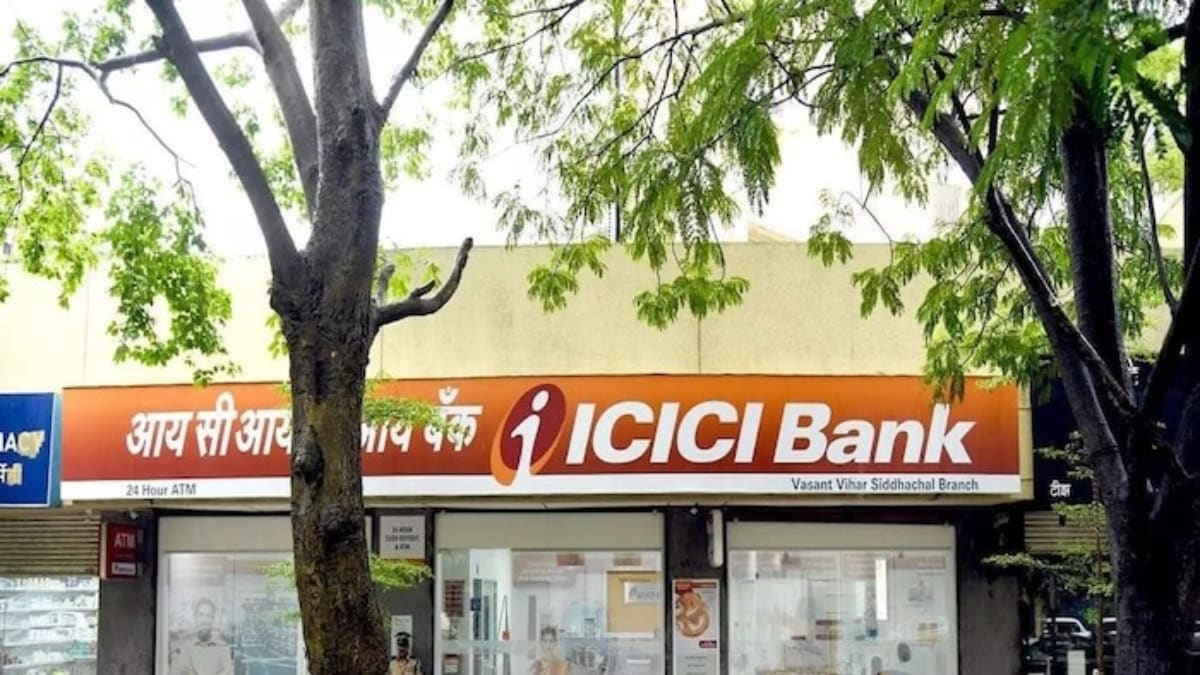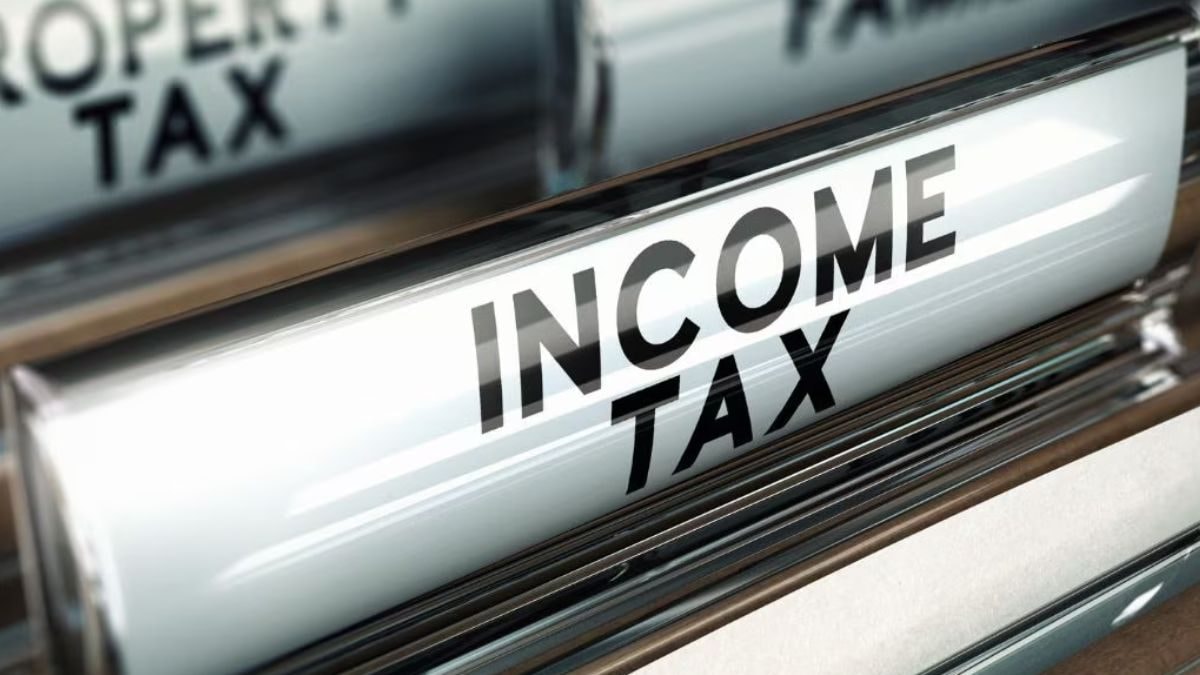The Income Tax Act of 1961 allows for tax deductions for contributions given to political parties. Tax deductions are available under Section 80GGC for contributions made by taxpayers to political parties or electoral trusts.The Income Tax Act’s Section 80GGC was established to eliminate corruption and increase transparency in election financing.
Additionally, it encourages people to contribute money to the political system to reduce their tax liabilities by claiming tax deductions for such contributions. The amount that can be deducted depends on the form of payment. A maximum deduction of Rs. 2,000 can be claimed if the amount is paid in cash. There is no cap on the deduction, though, if the amount is paid for with a cheque or an electronic payment method.
But there is a thin line between exemption from taxes and evasion of taxes, and because Section 80GGC has no upper limit, it is constantly monitored as long as you remain mindful of the dos and don’ts. To avoid undue inquiry, bear the following in mind before contributing to a political party or an electoral procedure:
It is important to note that the deduction may only be claimed by individuals, Hindu Undivided Family (HUF), corporations, Association of Persons (AOP), and Body of Individuals (BOIs).
In several cases, it has been seen that political parties reimburse taxpayers for their donations after taking a portion of the total amount provided. This transaction is commonly described as a Bogus Donation. Since the number of these transactions has risen, the Income Tax Department is also notifying legitimate taxpayers that they need to provide supporting documentation in order to claim donations as a deduction from their gross total income. In that situation, you ought to be able to verify that the transaction is legitimate.
While there is no upper limit on donations, companies are allowed to contribute a maximum of 7.5 percent of their yearly net earnings under the Companies Act of 2013. The sole requirements are that donations cannot be given in kind or cash, and the political party must be registered under section 29A of the Representation of the People Act, 1951.
The taxpayer can also confirm that the party to which he is providing funds is not included on the list of Registered Unrecognised Political Parties (RUPP) by visitingeci.gov.in to verify the registration.
The taxpayer must get a copy of the cancelled check and the political party’s PAN (Permanent Account Number) card. The bank information given in the cancelled cheque may be additionally verified against those listed on a political party’s registered website.
You need a political party receipt with the donor’s name, the donation amount and the political party’s name on it in order to be eligible for a tax deduction. Keep this receipt carefully since you will need it when filing your taxes.
Even if you get a receipt from the party that you donated to, you must include the donation on your tax return to claim a deduction. To prevent any problems with the Income Tax Department, make sure your tax return has all the information required about the contribution.




